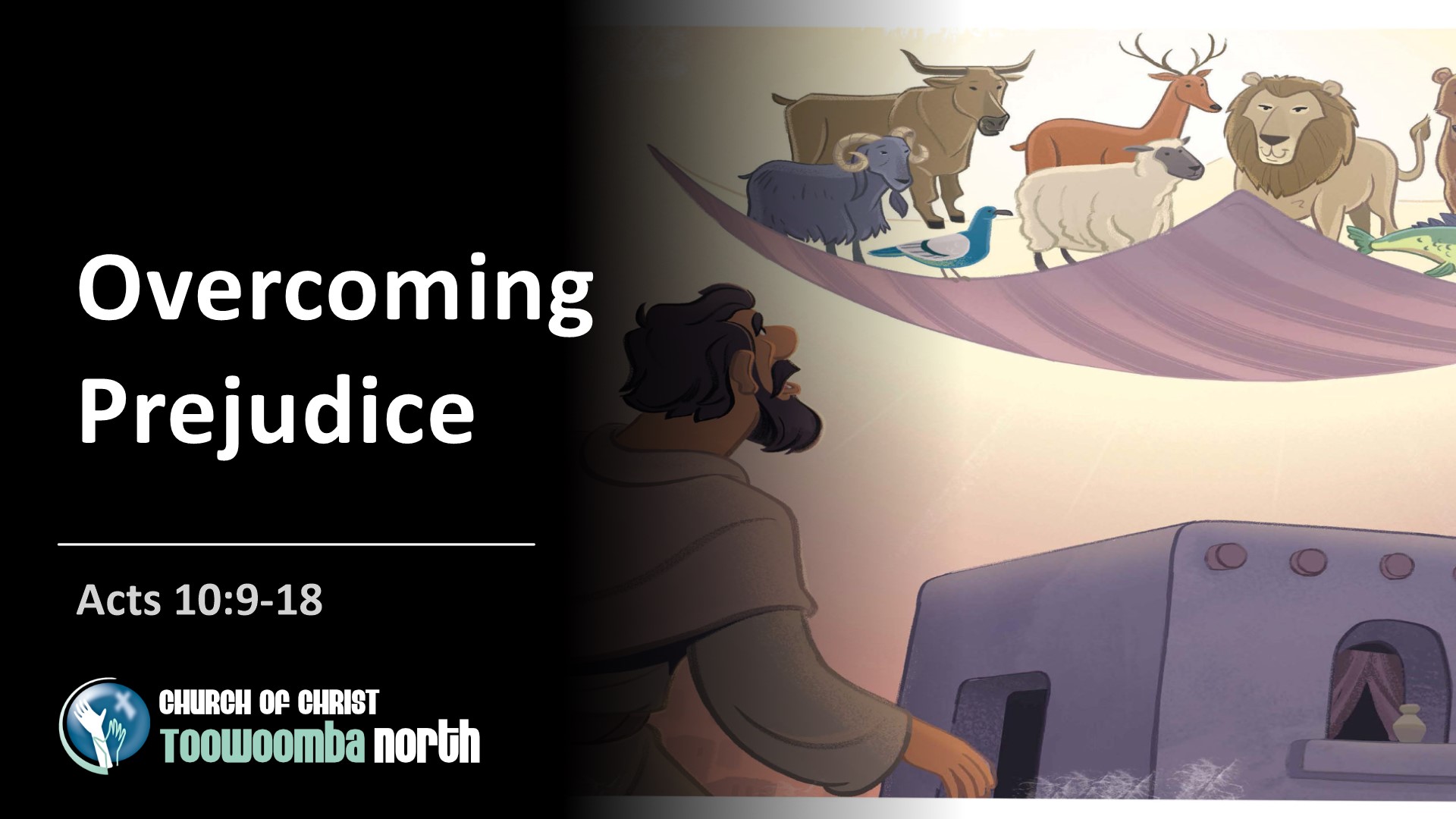Class prejudice remains a pervasive challenge in society, insidiously permeating the fabric of interpersonal relationships and institutional frameworks alike. The Bahá’í Faith, a progressive monotheistic religion, offers a profound perspective on overcoming class prejudice, advocating for unity, equality, and the establishment of a just social order. This discourse delineates the Bahá’í teachings concerning class prejudice and elucidates practical methodologies for its abolition.
The foundation of Bahá’í teachings is predicated upon the concept of the oneness of humanity. This doctrine asserts that all individuals, irrespective of their socioeconomic status, are fundamentally equal. The Bahá’í Faith posits that the divisions created by class distinctions are artificial constructs that lead to societal discord and hinder progress. It is imperative to understand that class prejudice not only manifests in overt discrimination but also in subtler forms of bias that permeate social norms and attitudes.
Bahá’u’lláh, the founder of the Bahá’í Faith, elucidates that “the earth is but one country, and mankind its citizens.” In recognizing this interconnectedness, individuals are encouraged to transcend their inherent biases and engage with others on the basis of shared humanity. The teachings advocate for a transformative mindset that transcends materialistic values which often underpin class distinctions.
Moreover, the Bahá’í writings emphasize the necessity of fostering an attitude of detachment from material possessions. The focus on spiritual wealth, characterized by virtues such as generosity, kindness, and humility, serves as a critical counterbalance to the detrimental effects of materialism. By cultivating a spiritual identity that prioritizes moral nobility over financial accumulation, individuals can dismantle the hierarchical classifications that perpetuate class prejudice.
The practical application of these principles manifests through community-building initiatives aimed at fostering inclusivity. Bahá’í communities engage in diverse strategies to promote equality and alleviate class-based divisions. Educational programs, such as the establishment of multi-tiered learning centers, are instrumental in providing equitable access to knowledge, thus empowering individuals from all backgrounds. The sharing of skills and resources engenders a collective ethos that dismantles barriers and fosters mutual esteem.
Furthermore, the Bahá’í approach to social justice underscores the importance of addressing the root causes of class prejudice. Economic disparities often underpin social stratification, necessitating systemic changes that prioritize equitable resource distribution. Bahá’í teachings advocate for the creation of economic systems that embrace collaboration over competition, thereby engendering a more balanced allocation of wealth and opportunities.
Participation in community service is another avenue through which Bahá’ís work towards overcoming class prejudice. Engaging in altruistic endeavors that bridge socioeconomic gaps instills a sense of solidarity and cohesion. Initiatives such as food drives, mentoring programs, and collaborative projects encourage interaction among diverse groups, fostering relationships that transcend class boundaries.
Moreover, dialogues on social equity are crucial for cultivating understanding and empathy. The Bahá’í community actively promotes conversations that challenge prevailing prejudices and encourage the sharing of personal experiences. By creating safe and respectful spaces for dialogue, individuals can confront their biases and gain insight into the lived experiences of others. This exchange is pivotal in nurturing compassion and dismantling stereotypes that arise from ignorance and misinformation.
The Bahá’í teachings also stress the significance of advocacy and activism in the pursuit of social justice. As believers in the oneness of humanity, Bahá’ís are called to voice their convictions against injustices, including the pernicious effects of class prejudice. Engaging with local and global initiatives aimed at systemic change is essential. This involvement can range from lobbying for equitable policies to supporting organizations that address socioeconomic disparities.
As technology and social media increasingly shape societal interactions, the Bahá’í community harnesses these tools to amplify messages of unity and equality. Digital platforms serve as conduits for awareness, where the narratives of those affected by class prejudice can be shared, fostering broader understanding and empathy. In doing so, the Bahá’í community adheres to its commitment to the principle of the oneness of humanity, using every available medium to advocate for change.
It is vital to acknowledge that combating class prejudice is not a transient endeavor; it necessitates sustained commitment and introspection. The Bahá’í approach emphasizes an education of the heart, fostering not only knowledge but also a sense of universal responsibility. Each individual plays a pivotal role in nurturing a culture that champions equality and rejects prejudices based on class distinctions.
In conclusion, the teachings of the Bahá’í Faith provide a comprehensive framework for overcoming class prejudice and advocating for its abolition. Through the promotion of unity, the establishment of equitable social structures, the fostering of empathetic dialogue, and sustained activism, individuals can contribute to a transformative societal environment. In embodying these principles, humanity can strive towards a future devoid of class prejudice, wherein every individual is recognized and celebrated as a valuable member of the global community.
